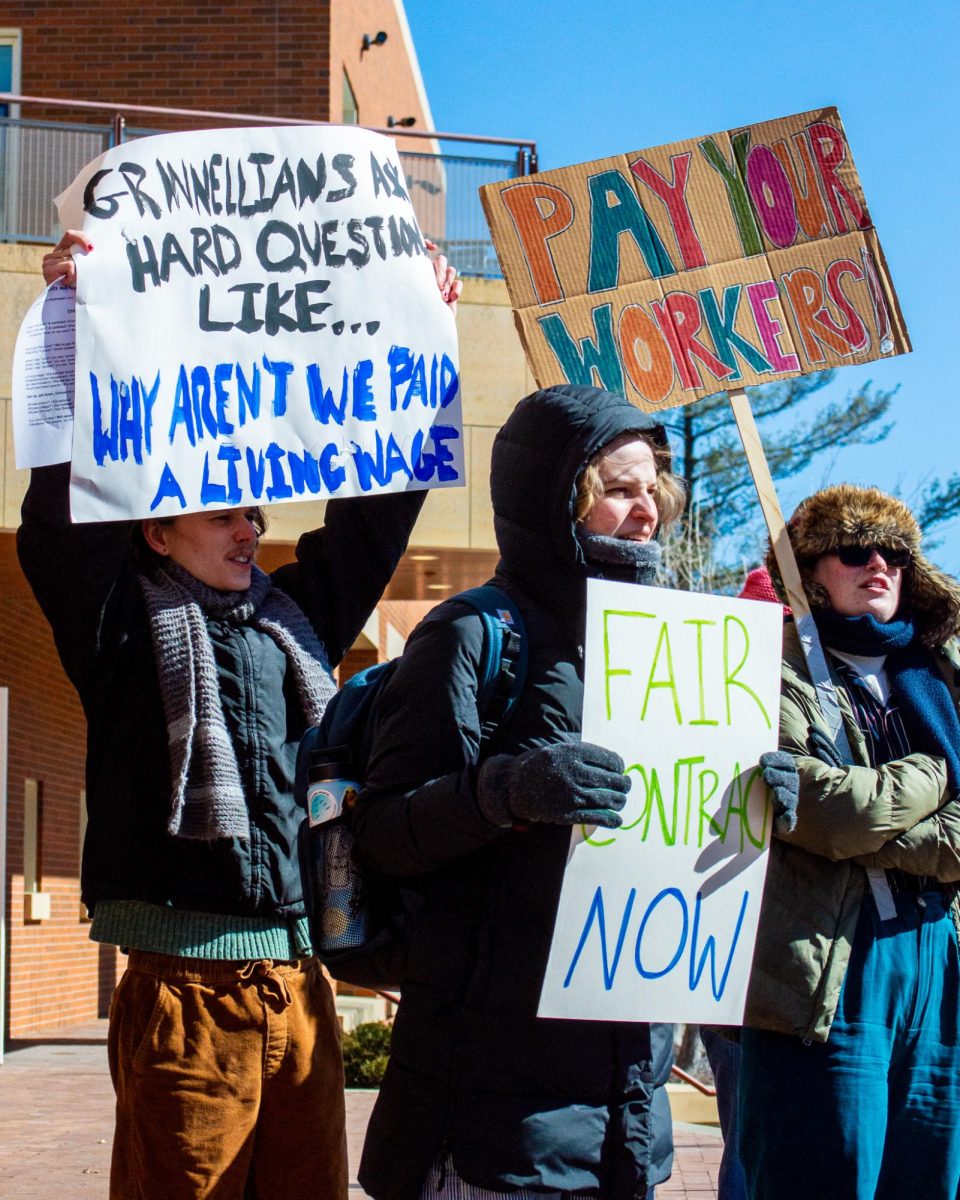The faculty of the College voted 40-32 on Monday not to permanently add student members to the Committee on Academic Standing (CAS), making it the only committee at the College with a direct effect on individual students’ lives that does not have student membership.
The committee deals with matters such as re-admitting students who have been dismissed or suspended from the College, approving exceptions to graduation requirements and setting standards for special course loads or absences.
However, under the proposal, students would not have served on the subcommittee that rules on the sensitive issue of plagiarism. The committee also decides on issues effecting the whole student body, such as the academic calendar and Student Handbook.
“There are things that come up that are of a highly sensitive nature,” said Joseph Cummins, Associate Professor of Philosophy, who voted against the proposal. “The students would actually be deliberating [on sensitive matters], not just having access.”
The faculty vote comes after a year of trial student membership on the CAS and a unanimous recommendation from the members of the committee, comprised of faculty and staff, that students be added permanently.
The vote elicited strong feelings from students involved with the proposal. “This is a clear indication the faculty have reservations about trusting students,” said Camila Barrios Camacho ’12, one of the trial student members of the committee.
Student support for adding student members to CAS came through a student initiative in the fall of 2008 with 90 percent approval and a recommendation from SGA Joint Board. All of the faculty and staff members of the committee itself also supported adding students. “It’s good to have a diversity of viewpoints that help to have more balance,” said committee member and Chair of the Faculty Mark Schneider.
“The CAS has a direct influence on students’ lives, so letting students be involved seems logical to me,” said SGA Vice President of Academic Affairs Joanna DeMars ’10.
After Schneider outlined the proposal before the faculty in December, it was debated and voted upon at the faculty meeting on Monday. “Faculty didn’t casually dismiss student concerns,” Schneider said. “The discussion in the faculty meeting was one of the most careful, thorough and meaningful discussions in a long time.”
Students currently serve on other committees that deal with similarly sensitive information, such as the College Hearing Board, which disciplines students for serious violations like sexual and physical assault.
However, Cummins’ main reason for voting against the proposal to add students to the CAS did not have to do with privacy. “We’ve set up shop to give Bachelor’s Degrees,” Cummins said. “We give you the diploma and declare to the world that you have met the requirements, and that’s the faculty’s decision to decide that.”
Associate Dean of the College Kathleen Skerrett, who supported the proposal, wants students to keep trying: “I know that after so much work this outcome is deeply disappointing for many students, Skerrett said. We are educating you for citizenship. Lesson one is: Persevere.”













































